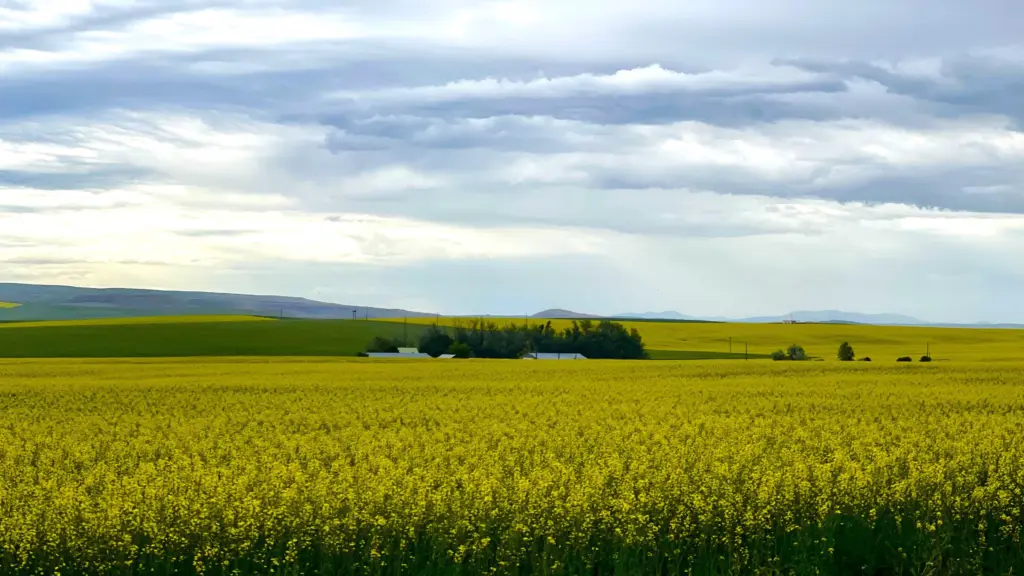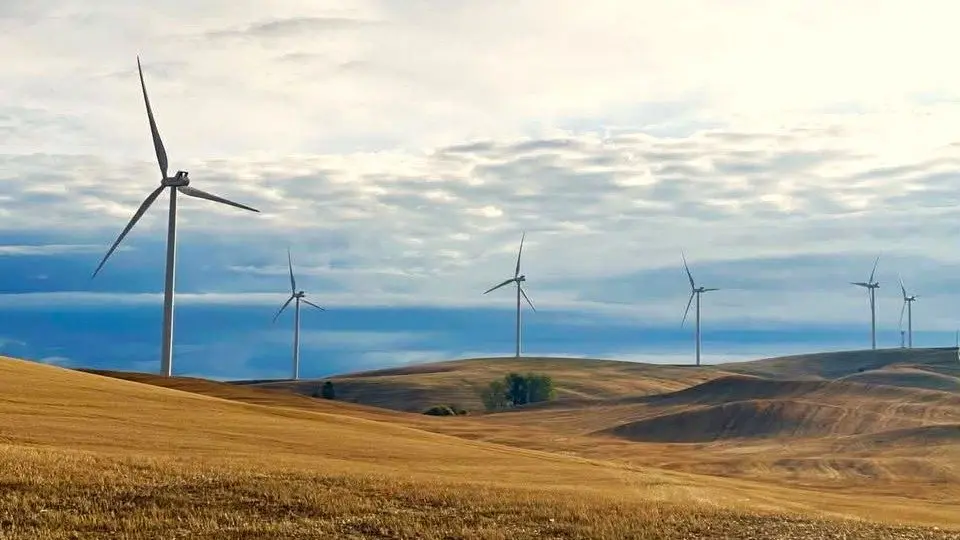PULLMAN, WA – Washington State University researchers are taking a discovery that upended assumptions about how plants make oil and applying it to major crops like canola as part of a new grant from the USDA National Institute of Food and Agriculture.
Last year, the team revealed that certain plants can remodel the chemical makeup of their seed oils after the oil has already been produced. This process was identified in the plant Physaria fendleri, which is related to canola but is not grown commercially. With the new federal support, the scientists will test whether canola and other widely grown oilseed crops share the same genetic mechanism, and whether it can be harnessed to make oil production more efficient for food, fuels, and chemical feedstocks.
The research is also helping launch scientific careers. Former WSU postdoctoral researcher Prasad Parchuri, a co-author on the original paper, is now a faculty member at Kansas State University and is collaborating with WSU associate professor Phil Bates on the new grant.
Scientists will test whether canola and other widely grown oilseed crops share the same genetic mechanism as Physaria fendleri, and whether it can be harnessed to make oil production more efficient for food, fuels, and chemical feedstocks.
“Novel science like the Physaria paper leads to career benefits for young scientists,” Bates said. “We can tell graduate students and post-docs that hard work on quality projects leads to career opportunities. And those projects can have real-world impacts for farmers and consumers as the science advances.”
Bates said about 60% of canola oil is made up of highly desirable monounsaturated fatty acids. But up to 30% of the oil’s natural fatty acids include polyunsaturated compounds that are undesirable for cooking and biofuel purposes.
“You can’t just remove the enzymes that produce the undesirable fatty acids,” said Bates, who is in WSU’s Institute of Biological Chemistry. “Those fatty acids are important for other parts of plant biology, including cold stress and plant defense from insects. But if these undesirable fatty acids are incorporated into the oil later, through the newly discovered oil remodeling process, then hopefully we can reduce their amount in the final oil composition.”
The team will look at canola and other crops grown for oils to look for similar genetic mechanisms that the Physaria plant uses to remodel its oil composition. The scientists found the oil remodeling mechanism in Physaria in their 2024 paper.
In addition to looking for that mechanism, the team will take a gene-editing approach to modify canola to learn if they can better control the oil composition by reducing the oil remodeling. It’s a big step toward producing a higher value oil product and potentially increasing total yield.
“We’re getting closer to learning how plants work and learning more about how they control oil amount and composition,” Bates said. “We think this will have a big, positive benefit, but we don’t know if this modification will have other effects on plant growth. The ultimate goal for the gene-editing is no negative impact on crop yield but improved oil composition.”





